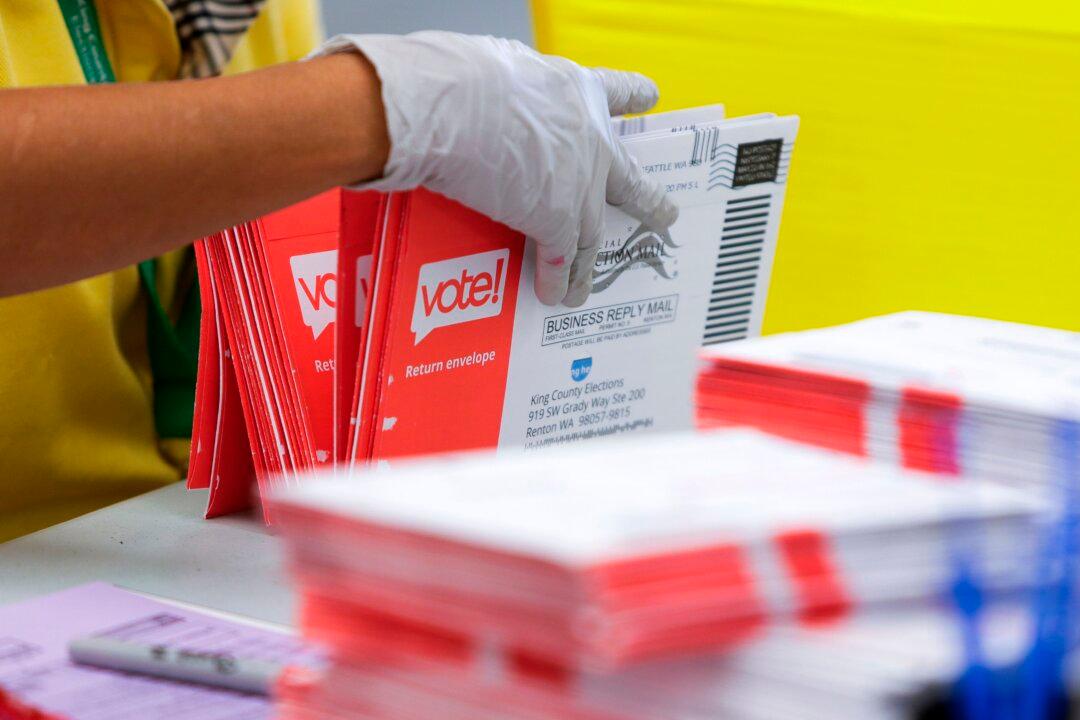Prominent Republican organizers are endorsing legal ballot harvesting and otherwise taking advantage of looser election laws after conceding that shunning such tactics puts the party at a disadvantage.
Republicans have been reexamining their strategies after a widely expected “red wave” largely didn’t materialize during the midterm elections, save for some exceptions.





